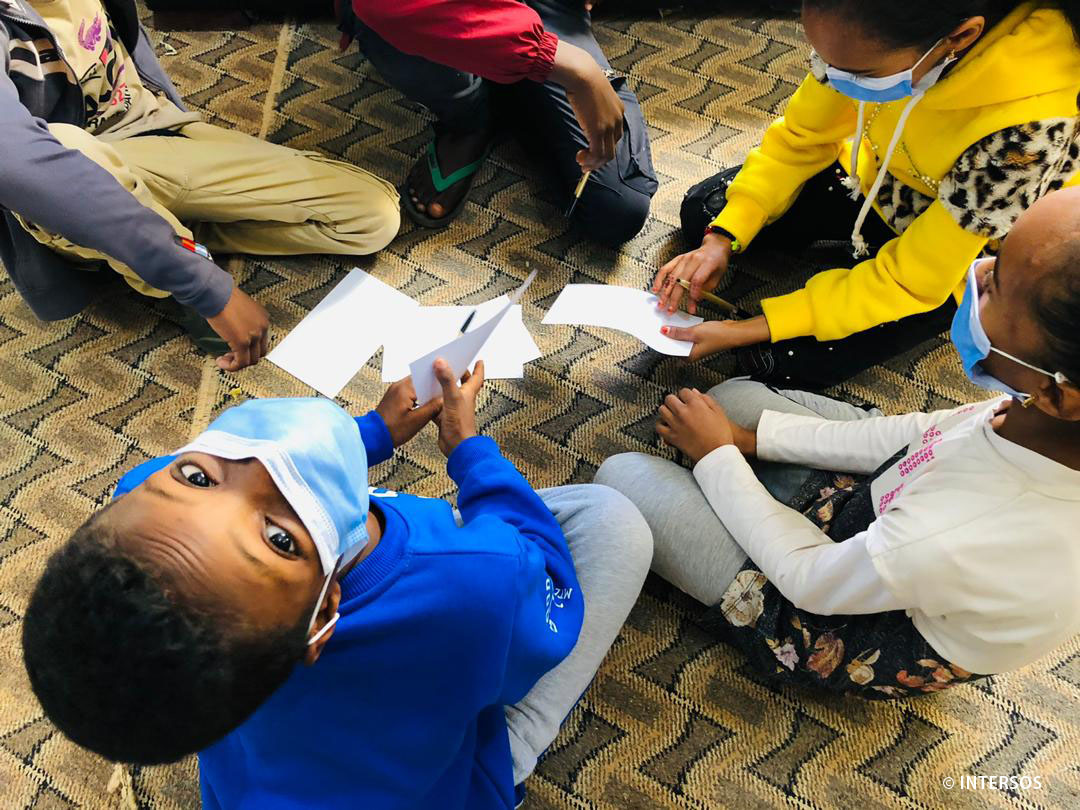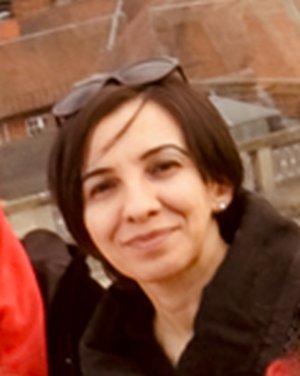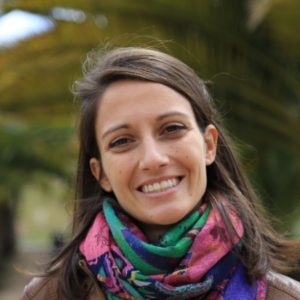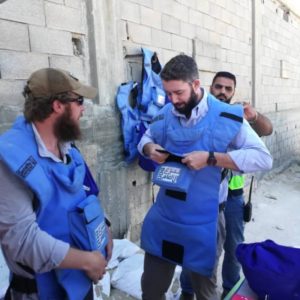The Libya INGO Forum (LIF) is an independent network of 23 international non-governmental organizations (INGOs) implementing humanitarian programs, or in the process of setting-up operations, to respond to the needs of the vulnerable population living in Libya. The LIF was established in 2016 to share information and promote the voice of INGOs in the humanitarian response within Libya, and has had a dedicated Coordinator since May 2018.
This platform aims at bringing together INGOs working in Libya to help them to efficiently address key issues of common interest, and improve the coherence and effectiveness of humanitarian relief. The Forum Secretariat supports its members to work jointly on collective initiatives and focuses its efforts through four main areas: coordination, representation, policy and advocacy, and information-sharing.
Sophia GUIRGUIS
LIF Director
Manon RADOSTA
LIF Advocacy Adviser
Loredana USAI
LIF Safety Adviser
Seraj ESSUL
LIF NNGO Liaison Officer
Camille SAULNIER
PUI
Liam KELLY
DRC/DDG
Samia SHEHAB
INTERSOS
Tom GAROFALO
IRC
The Libya INGO Forum (LIF) and its members are committed to the humanitarian principles of humanity, impartiality, neutrality, and independence.
Humanity: Human suffering must be addressed wherever it is found. The purpose of humanitarian action is to protect life and health and ensure respect for human beings.
Neutrality: Humanitarian actors must not take sides in hostilities or engage in controversies of a political, racial, religious or ideological nature
Impartiality: Assistance is provided based on need alone and making no distinctions on the basis of nationality, race, gender, religious belief, class or political opinions
Independence: Aid is delivered independently from political, economic, military or other objectives that any actor may hold with regard to areas where humanitarian action is being implemented
The LIF members and observers are also committed to put the wellbeing of the people they are trying to help at the heart of their efforts. The Libya INGO Forum (LIF) members are cognizant that any project interventions will have an impact on the surrounding context, and that this impact could be positive or negative. By adhering to the principle of “do no harm”, LIF members commit to develop a sound understanding of the contexts in which they operate, to ensure that they can understand all of the potential impacts of their interventions. In this way, Do No Harm means that LIF members think carefully about the interactions between their planned interventions and the context, before starting any project, to forecast potential harm they may inadvertently cause through providing aid, as well as harm that may be caused by not providing aid. Members are then able to adapt their programming accordingly, to ensure a principled provision of aid.










